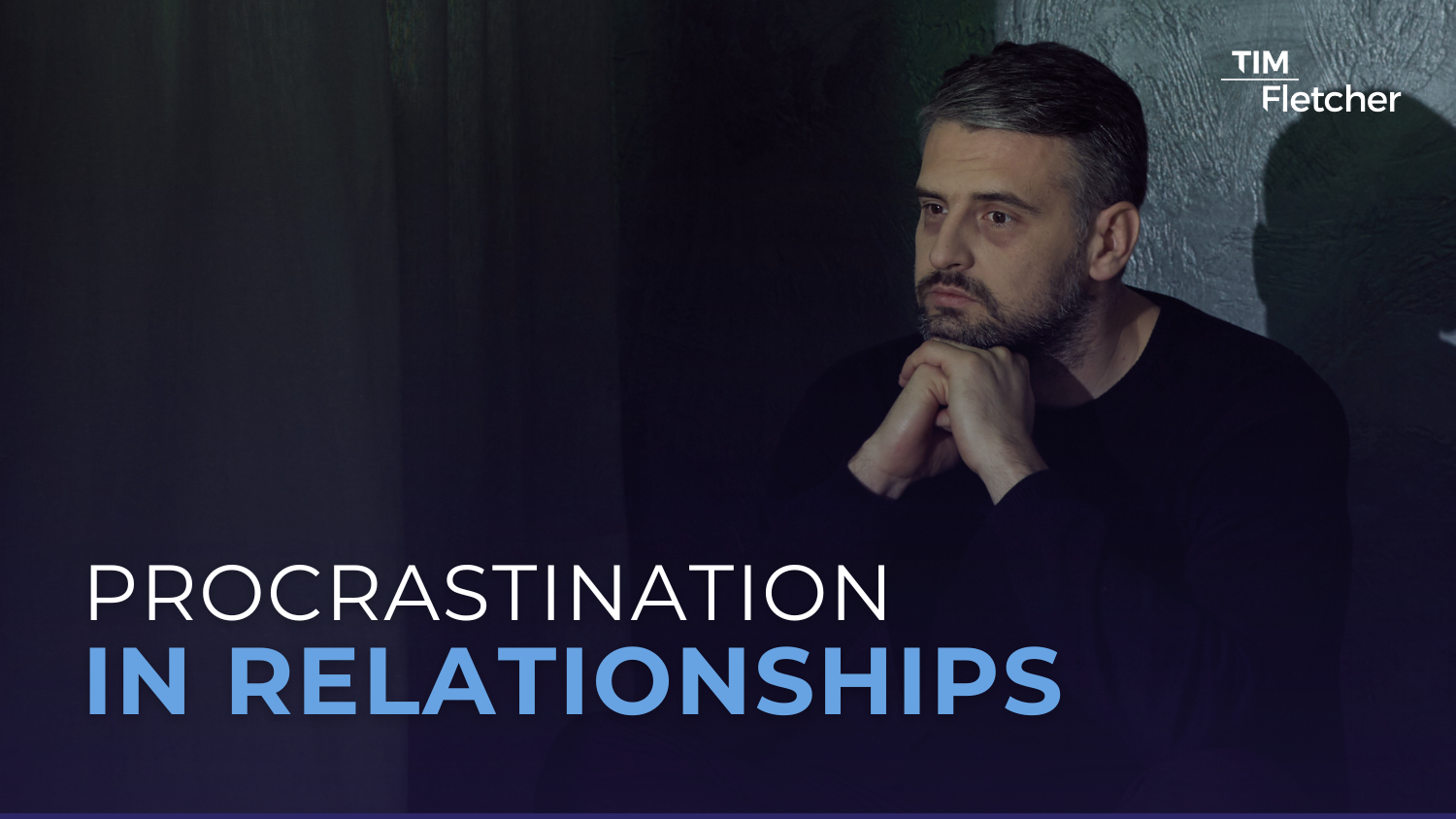Procrastination at Work: The Formula to Getting Things Done
What If It’s Not Just a Motivation Problem?
If you’ve ever sat at your desk, knowing what needs to be done but unable to start—beating yourself up, setting timers, or making promises that don’t stick—this course is for you. Procrastination at work is often mistaken for laziness or poor discipline, but it can also be a trauma response: the body’s way of protecting you when tasks or pressure feel unsafe.
In this course, you will explore how complex trauma shapes work-related procrastination, uncover the fears and beliefs driving avoidance, and practice small, safe steps toward showing up differently. You’ll learn where these patterns began, what your brain is trying to protect you from, and how to meet yourself with compassion while building confidence in your ability to follow through.
Get Access with the EVERGREEN Membership
Get unlimited access to Tim Fletcher Co’s Evergreen library for just $30 per month, or $300 per year. With six new self-development courses added every month, you’ll always have fresh, practical tools to support your growth in areas like trauma recovery, boundaries, relationships, and personal transformation. Learn at your own pace, revisit lessons anytime, and build lasting change with guidance that’s both compassionate and deeply practical. See more details here.
*All prices are in Canadian Dollars.
Course Curriculum
-
Welcome Video
Introduction
-
Many people know what it’s like to sit in front of a task and feel unable to begin. This lesson explores how early experiences of pressure and criticism shape those reactions, and how approaching yourself with compassion can create the safety needed to start.
Lesson • Journal • Video
-
Deadlines or expectations can sometimes bring on avoidance rather than action. Here you’ll learn why the nervous system links pressure with danger, and how to recognize and respond to this freeze response with greater understanding.
Lesson • Journal • Video
-
Beginning a task often carries the weight of past shame or fear of failure. This lesson introduces practical, trauma-informed tools to support small, steady steps forward and to replace harsh self-criticism with patience.
Lesson • Journal • Video
-
Procrastination is not just about time management; it often reflects nervous system states of stress or shutdown. In this module, you’ll explore how those states impact work and learn simple practices to reset and re-engage.
Lesson • Journal • Video
-
Sometimes the challenge is not only internal but also shaped by external environments. This lesson examines how unhealthy expectations, perfectionism, or unsafe leadership can contribute to procrastination, and offers ways to set boundaries and define success more sustainably.
Lesson • Journal • Video
-
Procrastination can be addressed in many ways. This section offers supportive resources such as books, talks, music, somatic practices, and daily rituals. Together, they encourage nervous system regulation, self-compassion, and sustainable productivity.
This course is included in the Procrastination and Complex Trauma bundle.
Save over 70% when you purchase all 7 Procrastination + Complex Trauma courses together.

















